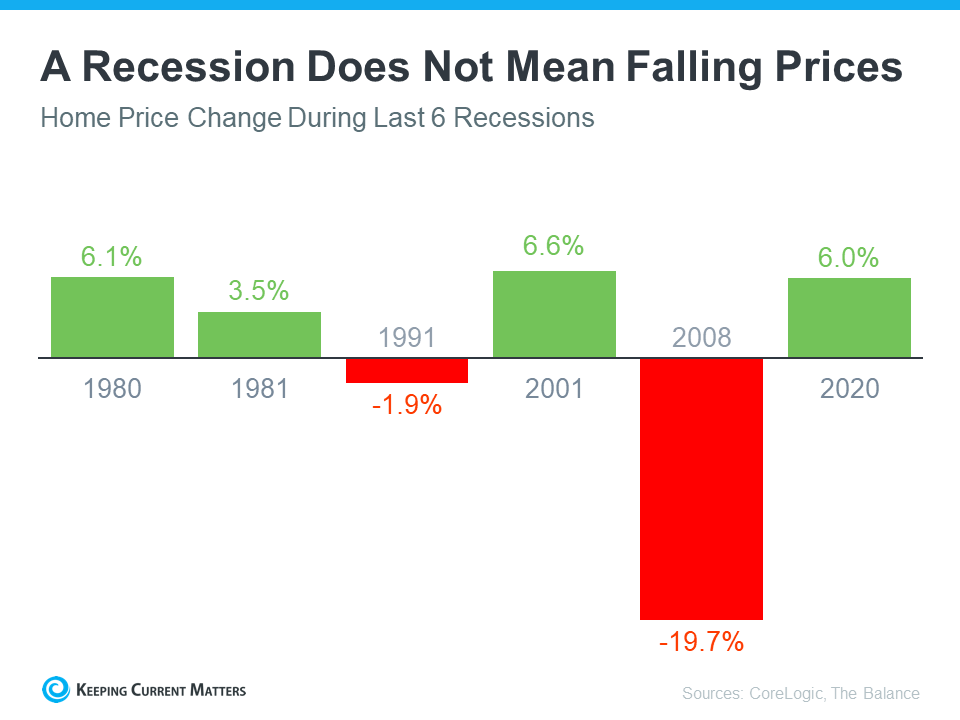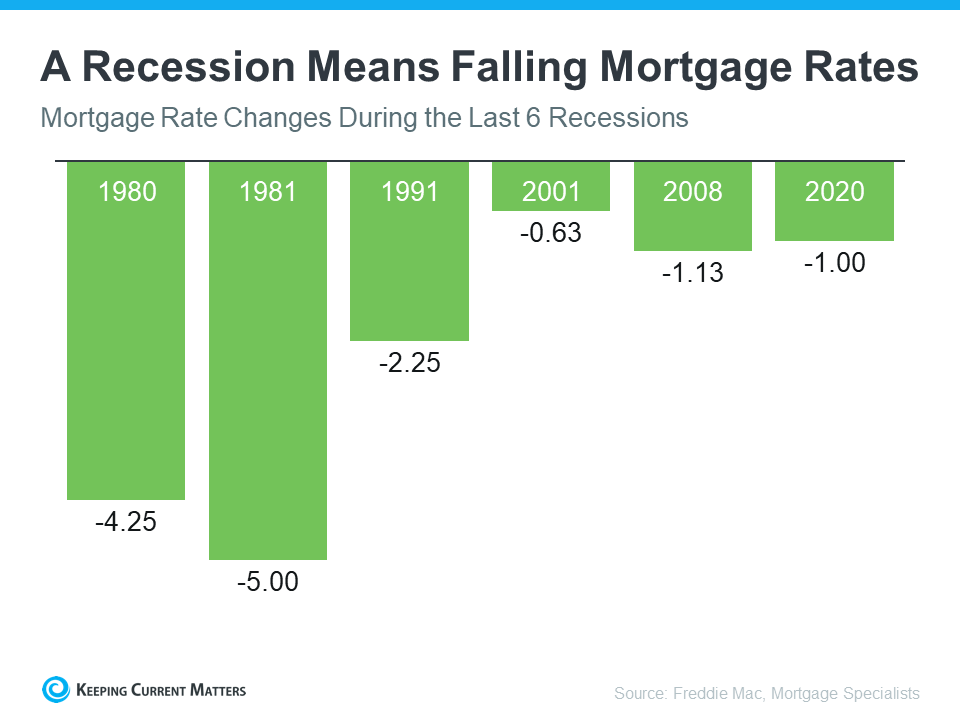By Dennis Sweeney, Executive Vice President of HBA of Rockford
The United States boasts of its free market economy which encourages and stimulates innovation, competition and market driven efficiencies were supply meets demand. This market driven economy was very successful in the roaring 80’ and 90’s for housing production. The Rockford, IL housing market was an excellent example of this competition as it was one of the most affordable housing markets in the entire nation while producing 1,000’s of homes each year by 100’s of private contractors for first time new home buyers up to executive new home buyers. There are Parade of Homes plan books to prove it.
The growing costs of government regulations and fees has created a dysfunctional housing policy “ax knot” which is going to be very difficult to untie. Sometimes the only way to undo it is with an ax.
Here is the short list of regulation grievances through the years starting with school impact fees, excessive connection fees, land use and zoning requirements, septic system requirements, and environmentally driven federal building code mandates (mandatory EV charging station wiring), are some of the most costly. All of these, combine to push the cost of new housing higher, dampening demand, and then, the lack of new housing supply, pushes the cost of existing housing higher. Winnebago County property owners received their new property value assessments last week. The cost of housing is going up.
As has been pointed out in previous articles the past few weeks, the United States is 6.5 million housing units behind household formations. This lack of housing supply for the housing demand should be met by the housing industry in the market place because there is money to be made. However, it has become apparent that the housing industry is not confident that it can profitably build those needed housing units where they are needed. Uncertainty has a dampening effect on home building.
Which brings me to the article on page 2 that the FHFA is considering rent regulations and controls to keep rents affordable. Given the history of rent control policies at the national and local levels, it’s difficult to understand how they expect this to be the solution for solving the most pressing housing problem – not enough housing units. The uncertainty in the market and the regulatory costs have led us into this policy “ax knot”. Rent controls are not going to encourage the construction of sorely needed housing units that would be impacted by such a policy.




